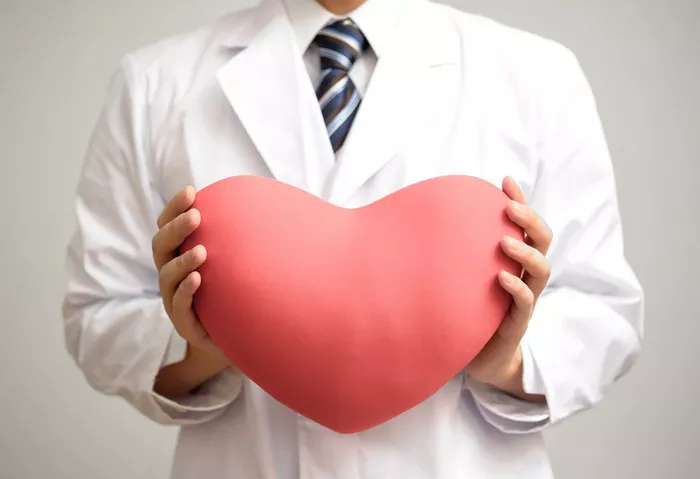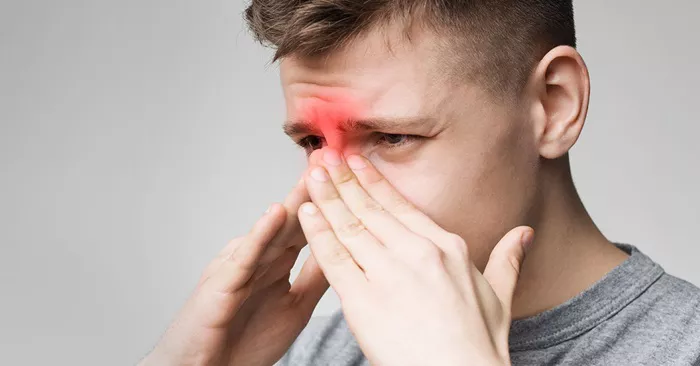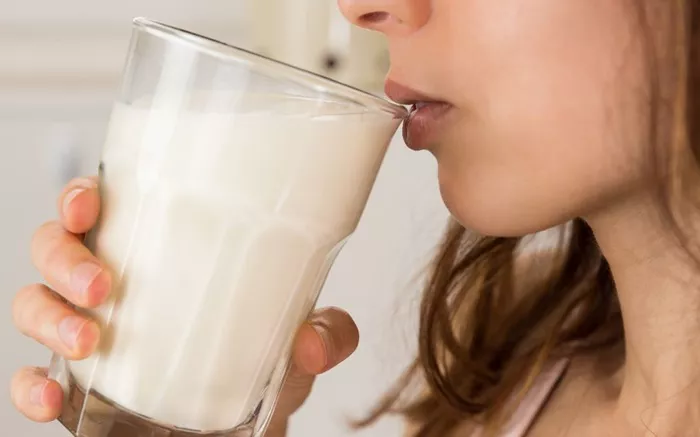Welcoming a new life into the world is a momentous occasion, filled with joy, love, and anticipation. However, for some individuals, the postpartum period can also bring feelings of sadness, anxiety, and overwhelm. Postpartum depression (PPD) is a common mental health condition that affects many new parents, impacting their well-being and ability to care for themselves and their newborn. In this comprehensive guide, we explore the complexities of PPD, from its symptoms and risk factors to its treatment and support options.
What is Postpartum Depression? Defining PPD in Mental Health
Postpartum depression (PPD) is a type of mood disorder that occurs after childbirth, affecting individuals who have recently given birth. While it’s natural for new parents to experience a range of emotions during this time, PPD is characterized by persistent feelings of sadness, hopelessness, and fatigue that interfere with daily functioning and the ability to care for oneself and one’s baby.
It’s important to note that PPD is not the same as the “baby blues,” which is a common and temporary emotional state that many new parents experience in the days and weeks following childbirth. While the baby blues typically resolve on their own within a few weeks, PPD is more severe and persistent, requiring intervention and support to address.
Recognizing the Symptoms: Signs of Postpartum Depression
The symptoms of postpartum depression can vary from person to person, but common signs and symptoms may include:
1. Persistent sadness, anxiety, or irritability
2. Feelings of guilt, shame, or worthlessness
3. Loss of interest in activities once enjoyed
4. Changes in appetite or weight
5. Difficulty sleeping or sleeping too much
6. Fatigue or loss of energy
7. Difficulty concentrating or making decisions
9. Thoughts of self-harm or harming the baby
It’s important to note that not everyone with PPD will experience all of these symptoms, and symptoms may vary in severity and duration. Additionally, PPD can manifest differently in men and non-binary individuals who have recently become parents.
Understanding the Risk Factors: What Puts Individuals at Risk for PPD?
While the exact cause of postpartum depression is not fully understood, several factors may increase the risk of developing PPD, including:
History of depression or anxiety: Individuals with a history of depression, anxiety, or other mental health conditions are at increased risk of developing PPD.
Hormonal changes: Fluctuations in hormone levels during pregnancy and childbirth may contribute to the development of PPD.
Stressful life events: Stressful life events, such as financial difficulties, relationship problems, or a traumatic childbirth experience, can increase the risk of PPD.
Lack of social support: Limited support from partners, family members, or friends can exacerbate feelings of isolation and loneliness, contributing to the development of PPD.
Physical health complications: Complications during pregnancy or childbirth, as well as pre-existing health conditions, may increase the risk of developing PPD.
It’s essential to recognize that PPD can affect individuals of any age, race, or socioeconomic background, and seeking support and treatment is crucial for recovery.
Diagnosis and Treatment: Addressing PPD in Mental Health Care
Diagnosing postpartum depression typically involves a comprehensive evaluation by a healthcare provider, including a physical examination, review of symptoms, and assessment of medical history. While there are no specific laboratory tests to diagnose PPD, healthcare providers may use standardized screening tools, such as the Edinburgh Postnatal Depression Scale (EPDS), to assess symptoms and severity.
Once diagnosed, treatment for postpartum depression may involve a combination of approaches, including:
Therapy: Psychotherapy, such as cognitive-behavioral therapy (CBT) or interpersonal therapy (IPT), can help individuals address negative thought patterns, develop coping strategies, and improve communication and relationship skills.
Medication: Antidepressant medications, such as selective serotonin reuptake inhibitors (SSRIs), may be prescribed to help alleviate symptoms of depression. It’s essential to discuss the risks and benefits of medication with a healthcare provider, especially for breastfeeding individuals.
Support Groups: Joining a support group for individuals with PPD can provide validation, encouragement, and practical advice from others who have experienced similar challenges.
Self-Care Practices: Engaging in self-care activities, such as regular exercise, adequate sleep, healthy eating, and relaxation techniques, can help individuals manage stress and improve overall well-being.
Social Support: Building a strong support network of friends, family members, and healthcare providers can provide emotional support and practical assistance during the recovery process.
Navigating Recovery: Finding Hope and Support for PPD
Recovery from postpartum depression is possible with the right support and treatment. While the road to recovery may be challenging, it’s essential for individuals with PPD to know that they are not alone and that help is available.
In addition to seeking professional help, here are some strategies for navigating recovery from postpartum depression:
Prioritize Self-Care: Make self-care a priority by setting aside time for activities that bring joy and relaxation, whether it’s reading a book, taking a walk, or enjoying a warm bath.
Communicate Openly: Be open and honest with your partner, family members, and friends about your feelings and needs. Effective communication can help strengthen relationships and build a support network.
Set Realistic Expectations: Recognize that recovery from postpartum depression takes time and that progress may be gradual. Set realistic expectations for yourself and celebrate small victories along the way.
Seek Professional Help: Don’t hesitate to reach out to mental health professionals, such as therapists, counselors, or psychiatrists, for support and guidance. They can provide valuable resources, therapy, and medication management to help you on your journey to recovery.
Stay Connected: Stay connected with others who understand what you’re going through, whether it’s through online support groups, local parenting groups, or other community resources.
In Conclusion: Shedding Light on PPD in Mental Health
In conclusion, postpartum depression is a common and treatable mental health condition that affects many individuals who have recently given birth. Characterized by persistent feelings of sadness, anxiety, and fatigue, PPD can have a significant impact on well-being and daily functioning. However, with the right support and treatment, individuals with PPD can find hope, healing, and recovery.
By raising awareness, reducing stigma, and providing compassionate support, we can create a culture of understanding and acceptance for individuals affected by postpartum depression. Together, we can shed light on PPD in mental health and ensure that no one has to face it alone.
[inline_related_posts title=”You Might Be Interested In” title_align=”left” style=”list” number=”6″ align=”none” ids=”7031,6970,6966″ by=”categories” orderby=”rand” order=”DESC” hide_thumb=”no” thumb_right=”no” views=”no” date=”yes” grid_columns=”2″ post_type=”” tax=””]

































